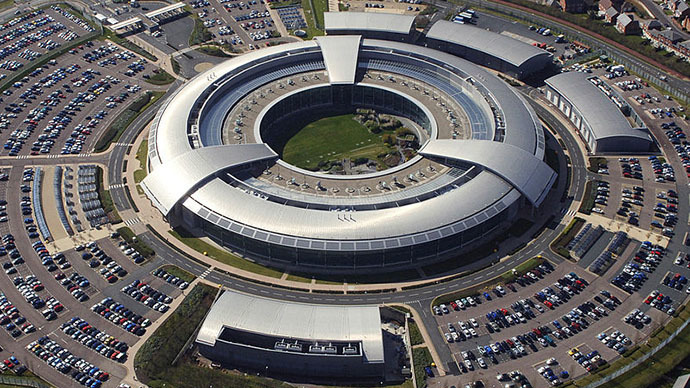The Snowden files have revealed the “embarrassing” state of legal oversight into the British intelligence services, MPs have said. As a result, they have called for a major overhaul to make government bodies accountable for their actions.
A Home Affairs Committee report published Friday sharply criticizes the current system of oversight into and legal accountability of the UK’s intelligence gathering agencies. The report says the lack of oversight reflects badly on the agencies’ accountability and on parliament itself.
“We do not believe the current system of oversight is effective,” the committee’s report says. “The scrutiny of the work of the security and intelligence agencies should be not the exclusive preserve of the Intelligence and Security Committee.”
While the committee accepts the need to limit access to documents of a classified nature, it insists it should be granted powers to take oral evidence from the heads of the security services, including MI5, MI6 and the UK version of the NSA, GCHQ.
In addition, MPs told British newspaper the Guardian that classified files released by former CIA contractor Edward Snowden had shed light on the “embarrassing” oversight procedures still in place.
“The agencies are at the cutting edge of sophistication and are owed an equally refined system of democratic scrutiny,” committee chairman Keith Vaz said. “It is an embarrassing indictment of our system that some in the media felt compelled to publish leaked information to ensure that matters were heard in parliament."
He went on to say that the current system of oversight was developed in a pre-internet era, and as such was now outmoded and obsolete.
The Home Affairs Committee report cites the role of The Intelligence and Security Committee (ISC) as of particular concern, because it is the only body that has oversight over intelligence agencies in the UK. MPs say they want to change the way that people are elected to be part of the ISC and end its monopoly on oversight.
Furthermore, the report calls for an end to the secrecy surrounding the Investigatory Powers Tribunal - the only organization that can investigate individual complaints about UK intelligence agencies.
“It ought to command public confidence in its actions. For there to be public confidence there must first be public understanding of the work of the Tribunal,” said the report, urging that the organization be obliged to publish a detailed annual report on its activities.
This is the first time that members of parliament in the UK have admitted that the classified data released by Edward Snowden could lead to much-needed reform in intelligence practices. Back in October, MI5 Director General Andrew Parker condemned the Snowden leaks and their publication in the British press as a “gift for terrorists.”
The government also sought to stem the spread of the leaks and conducted a raid on the offices of The Guardian in London last year to destroy hard drives with classified data from Edward Snowden.


